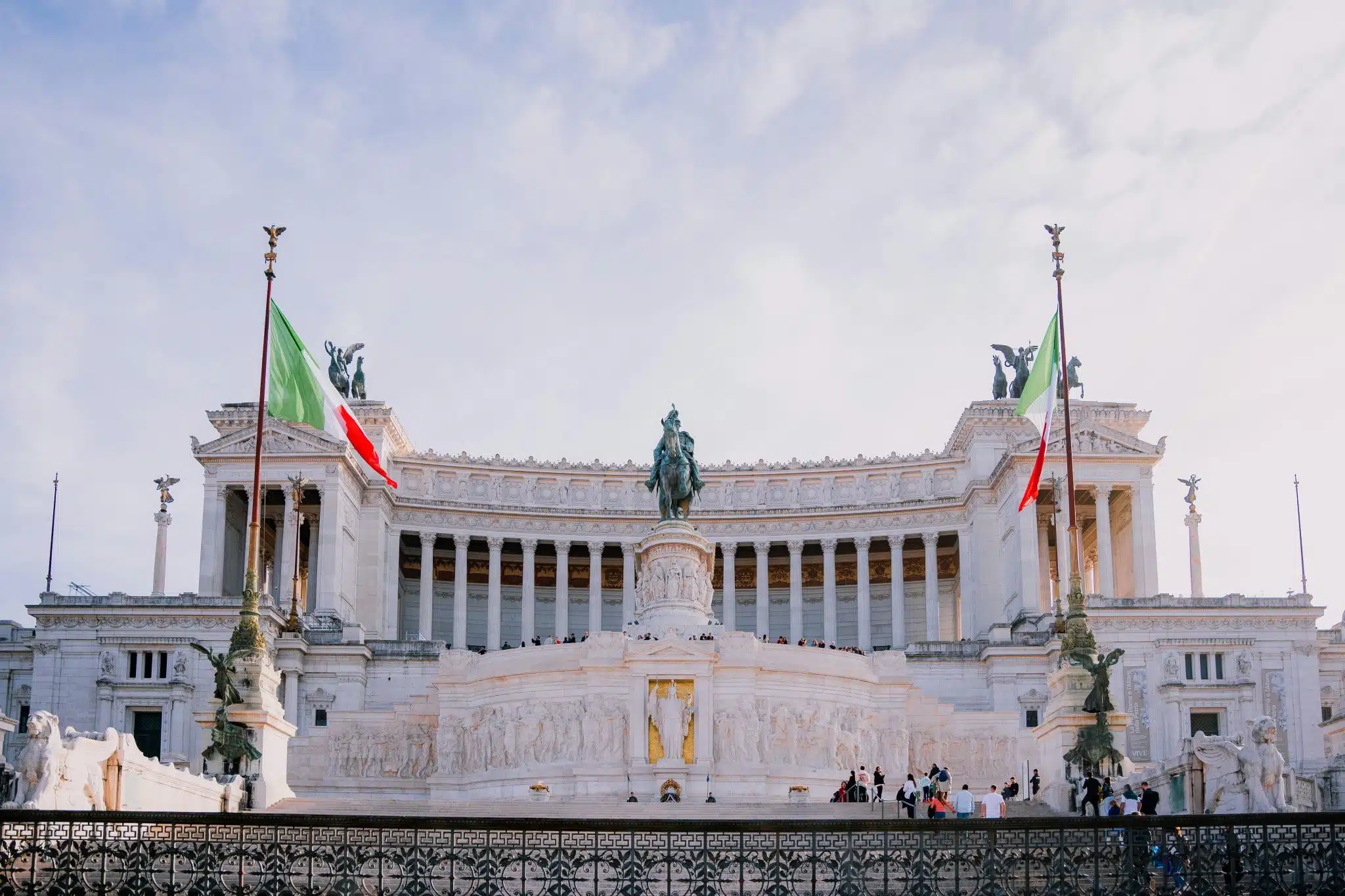Italian Citizenship Updates DL 36/2025
Author: Dr. Mark Masi
The proposed Decree Law-36/ (also referred to as the ‘Tajani Decree’) which went into effect as an “emergency decree” on March 28, 2025 has had a major negative impact for many seeking their right to acquire Italian citizenship by descent. These changes have sparked numerous questions and uncertainty for descendants of Italians living abroad who have been diligently preparing their applications for Italian citizenship by descent, or who had submitted their applications at the Italian Consulate, at a Municipality in Italy, or through the Italian judicial system. The purpose of this article is to clarify the current status of the proposed changes to the law and to address the issues of concerns affecting many Italian Americans.
On May 13, 2025 the Italian Senate Constitutional Affairs Committee met to conclude the examination of the amendments to the proposed Italian Citizenship Law 36/2025 pertaining to the transmission of Italian citizenship by descent, “jus sanguinis.” The new proposed law will limit the transmission of Italian citizenship by descent to two generations and require specific conditions for eligibility. A final text of the proposed law has been drafted and is posted at the Official Website of the Italian Senate. The proposed text of the new law will be deliberated and voted on by the Senate then the Chamber of Deputies between May 19-24, 2025. Once approved, it will go to the President of the Republic for final approval and signature into law.
Under the proposed law, applications already accepted at the Consulates or Municipalities in Italy prior to 11:59 PM Rome time on March 27, 2025 will not be affected. It is ambiguous in the proposed law whether or not individuals who had appointments that were booked at an Italian Consulate or Municipality also fall into this category of being under the former law.
The new law will limit the transmission of Italian citizenship by descent to two generations (e.g. children and grandchildren born outside of Italy of an Italian ascendant) and requires specific conditions for eligibility. For first generation individuals, if the Italian parent was a resident of Italy for two consecutive years prior to the birth abroad of the child, and was still an Italian citizen at the time of birth of the child, then the child can claim Italian citizenship. If the individual born abroad is the grandchild of an Italian citizen the individual is eligible for Italian citizenship by descent only if the grandparent exclusively retained Italian citizenship until the time of their death (i.e. never naturalized in another country). The law is not clear as to how this would apply if the Italian grandparent naturalized in the US after August 16, 1992 at which time Italy allowed dual citizenship. Hopefully this ambiguity will be clarified in the final law.
Constitutional attorneys see many flaws in the proposed law. Most notable, the new law fails to provide for a transitional period. The immediate, unexpected and retroactive implementation of such a major legislative reform without any limitations or transitional provisions, will result in unjust consequences for those who, prior to its enforcement (i.e., before March 28, 2025). This concerns those who had already initiated the process for the recognition of Italian citizenship by engaging in the long and complex process of gathering the required documentation, or by unsuccessfully attempting to schedule an appointment with the competent Consulate once all documentation was obtained. In this context, the absence of a transitional time period allowing for the submission of multi-generational citizenship claims (e.g. great-grandparents) contradicts fundamental principles of the Italian legal system (see Art. 12 of the Preliminary Provisions to the Civil Code). A person cannot be an Italian citizen by descent one day only needing formal recognition through an application process and then stripped of the right 24 hours later. Due to the potential unconstitutionality of this law, legal experts believe that appeals could successfully be argued in the Italian judicial system in the future.
In any case, it must be reiterated that the final version of the law does not yet exist and therefore cannot be challenged in any judicial forum, The final law could include a broader transitional period to regulate the application of different laws over time to various situations. It will hopefully address the issue of appointments booked prior to the issuance of the emergency decree on March 28, 2025, and clarify whether or not naturalization of an Italian grandparent after 1992 (when dual citizenship with the US was permitted) allows for the transmission of Italian citizenship by descent.
Dr. Mark Masi is a member of Valorizzare l’Italia Tramite l’ Appartenenza, “VITA,” a registered association in Italy whose mission is to protect the citizenship rights to the descendants of Italians born outside of Italy, and was the only lobby representing the voice of US clients of Italian descent at the Senate meetings. He along with other VITA members met via Zoom with our lobbyists while they were still at the Parliament building.

